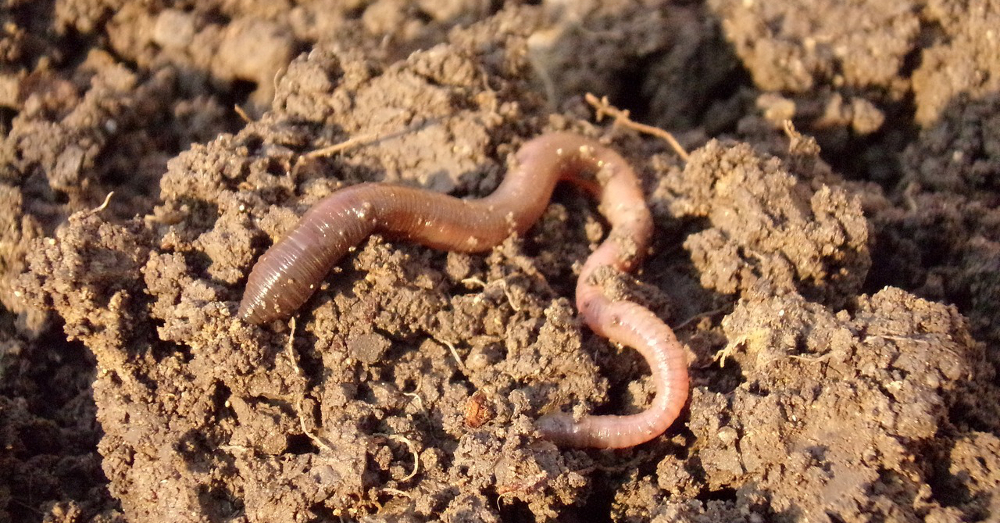
Earthworm Numbers Dwindle, Threatening Soil Health
Earthworms help recuperate soil and enrich it with much needed minerals. But environmentalists are concerned as earthworms have come under threat from intensive use of manure and acidic soil.
January 31, 2017 | Source: Deutsche Welle | by Karin Jäger
Earthworms help recuperate soil and enrich it with much needed minerals. But environmentalists are concerned as earthworms have come under threat from intensive use of manure and acidic soil.
Earthworms, it seems, are the unsung heroes of our world. Labeled slimy and disgusting by many, these lowly invertebrates work unseen and underground where they till, fertilize and improve soil.
But environmentalists are concerned that industrial agricultural practices are making life difficult for this surprisingly important animal.
Intensive use of manure and acidic soil with a pH value below five harm the worm, although it remains unclear whether herbicides affect earthworm's ability to reproduce.
Still, one thing is for sure: the destruction of its habitat every few months with heavy machinery stresses the animal.
Fewer than 30 earthworms are found per square meter on intensively farmed fields. But on organic farms, where the fields are rarely ploughed, up to 450 worms live in the same area, according to the World Wide Fund for Nature (WWF).
That's bad news according to agronomists and gardeners. A thriving earthworm population is an indication of healthy soil. And the retreat of the species is so evident the WWF has published an "Earthworm Manifesto" to publicize the faith of these dirt-dwellers.
"If earthworms suffer, so too does our soil and thereby the basis for agriculture and food supply," said Birgit Wilhelm, a WWF expert in the farming sector. For Wilhelm, these worms are the least appreciated creatures on the planet.
